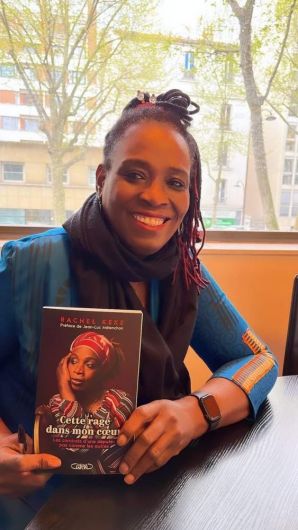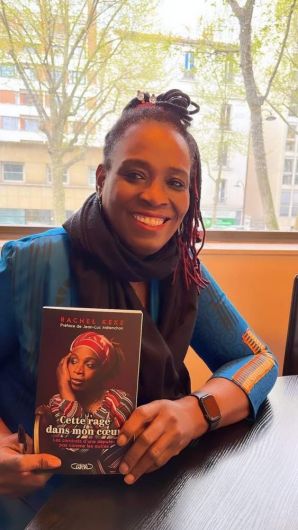"Politics in Africa": "Spotlight on national assemblies"!
Le 20 février 2012 par IVOIREBUSINESS - Since ever, national assemblies in most african countries differ from the policy-making and policy-influencing assemblies of the first

Le 20 février 2012 par IVOIREBUSINESS - Since ever, national assemblies in most african countries differ from the policy-making and policy-influencing assemblies of the first
world! The decline of the assembly as a decision-making body in liberal democracies is usually discussed in terms of the legislature losing ground to the executive and the bureaucracy. However, assemblies in most third world countries never exercised this authority in the first place. Meanwhile, executive leader’s intent on monopolising power did not look kindly on autonomous assemblies: Assemblies lacked elite support...When the temperature of political conflict rose, executive rulers were tempted to dispense with the assembly altogether. At one time or another, many assemblies have been suspended in "Nigeria", "LIBERIA" "IVORY Coast", "Ghana" in the 1980s and 2000s, after military intervention. Moreover, as democratic governments became more widespread in the third world in the late 1980s and early 1990s, there were grounds for believing that assemblies would gain political weight! When elections are taken seriously, then, so too are the institutions they produce. In many third aspiring democracies, and especially in the whole Africa, presidential elections are a stronger focus of public attention than elections to the national assembly. However, assemblies still have a symbolic role to perform in any democracy. As the epitone of representative institutions, they will surely benefit from the current wave of democratization in the third world. "PROBLEMS OF AFRICAN NATIONAL ASSEMBLIES": In the past and still today in many african countries, the underlying problem has been that representative political institutions were not strong enough to handle the sharp cleavages experienced in developing societies. Conflicts of class, religion, ethnicity, religion, or language are reflected, but rarely transcended by organisations such as assemblies. Under fairly free elections, deep social cleavages are likely to be reflected only too clearly in the new legislature. Norms of parliamentary behaviour are not well enough established to contain such conflicts. A lack of professionalism worses this condition: Assemblies sessions are short, support facilities are scarce, the turnover of members is high and many deputies are inexperienced. We can come to the sad conclusion that: "Rather than councils of consent", assemblies in African countries easily degenerate into disorderly councils of political conflicts: In the current "Ivory Coast", new parliamentary elections have to take place again in the weeks to come, on massive frauds grounds, in a country unfortunately gradually labeled as a so called banana republic since "Allasane Ouattara" took over: Therefore, (11) ivorian deputies have to face once again popular legiticimay in the weeks to come...It's the conspicuous evidence that the Ivorian current regime is still suffering from popular legitimacy and full sovereignty till now...Furthermore, neither did the african leaders of many emergent nations in the whole "Africa" and "ASIA", see a policy -making role for the assembly in the decades after independence. Basically, the assembly's main role was integrative, to assist in nation building. It was one of the few institutions which drew together representatives from different groups and areas within the country. Finally, the "Ivory Coast" under the rule of a so called tyran has to cross step by step a wilderness of democratic values, popular legitimacy, and full sovereignty! Knowing that in much of the african states, national assemblies have had a broken history, even when they have not been irrelevant sideshows...Wait and see!
(Yves T Bouazo)













